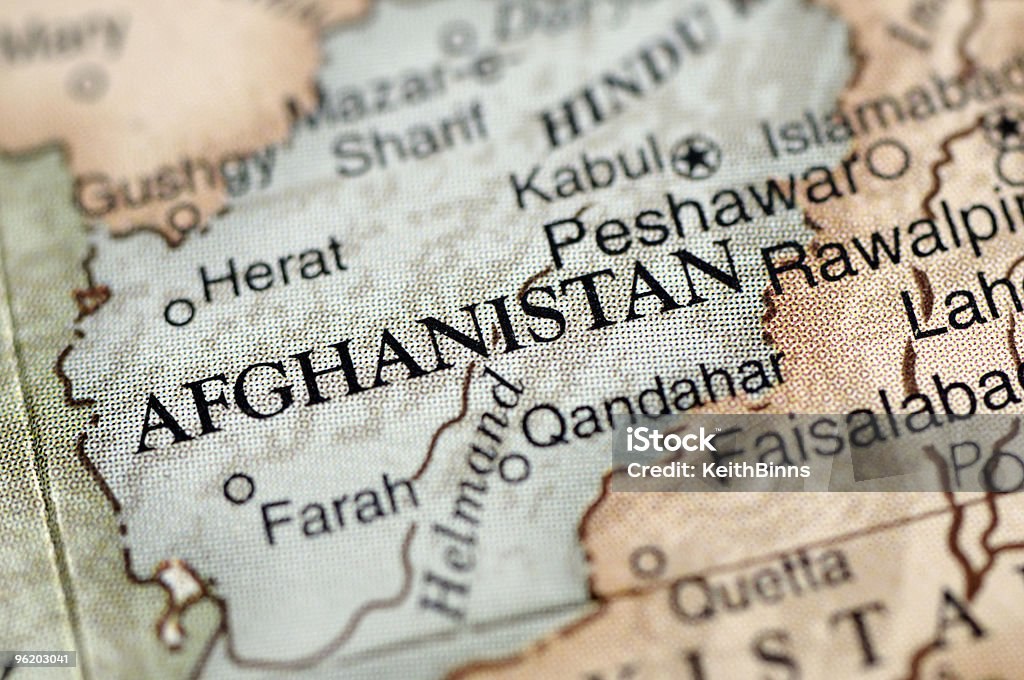BISHKEK (TCA) — The weak external environment is expected to persist in Kyrgyzstan in 2016, further slowing growth to about 3 percent, widening external and fiscal deficits and slowing credit to the country’s economy, said Edward Gemayel, the head of an International Monetary Fund (IMF) mission that visited Bishkek from April 21 to May 5 to conduct the second review under the Extended Credit Facility (ECF).
Recovery in the medium term will hinge on steadfast commitment to reforms, in addition to improvements in the economies of Kyrgyzstan’s main trading partners, Mr. Gemayel said in a statement after the visit.
“The Kyrgyz economy has been facing severe external shocks, including lower commodity prices, weak growth and depreciating currencies in the region. As a result, growth fell to 3.5 percent in 2015, with remittances being hit especially hard. On the positive side, the floating exchange rate regime under the National Bank of Kyrgyz Republic’s (NBKR) stewardship acted as a shock absorber, mitigating the impact of external shocks on the real economy,” the statement said.
“A combination of slowing revenues and rising spending have exhausted the fiscal space available to the government. Debt is approaching a critical level, making it increasingly difficult to raise necessary financing while at the same time meeting essential social and development needs. Against this backdrop, it is imperative to keep the budget deficit within the target of 4.5 percent of GDP approved in 2016 budget. Achieving this target will require major additional efforts—identifying permanent revenue measures, containing non-priority spending, and exercising diligence in the choice of investments and associated borrowing.
“The financial sector has shown resilience in the face of adverse economic conditions. Banks remain well capitalized. The NBKR is keeping a close eye on emerging vulnerabilities stemming from the weak economic environment, high dollarization, and currency rate fluctuations. The central bank is deploying prudential and other tools at its disposal to bolster the sectors’ defense.
“A key missing instrument in the NBKR’s toolbox is an efficient bank resolution mechanism. The existing framework is contradictory and inefficient. By allowing shareholders to delay the resolution process indefinitely, it opens the door for insolvent banks to resurrect and provides impunity to bank owners at the expense of depositors who are made to wait for years to be compensated. The banking legislation lingering in Parliament since 2013 aims to address these issues by establishing a robust banking resolution framework in line with international best practice. The proposed framework allows for swift resolution of distressed banks to prevent problems in one bank from destabilizing the entire sector. It also allows depositors to be paid out quickly, and protects their rights. The challenging economic environment strengthens the case for the passage of the banking legislation in the nearest future.
“Institutional and structural reforms are essential for the Kyrgyz economy to realize the benefits from Eurasian Economic Union (EEU) membership, and more generally to raise growth in the medium term. The latest Doing Business Report highlights a number of persistent challenges, such as the difficulty of establishing and closing a business, accessing electricity and other utilities, and enforcing contracts. Measures to improve the business climate and reduce corruption are therefore particularly important,” the statement concludes.









